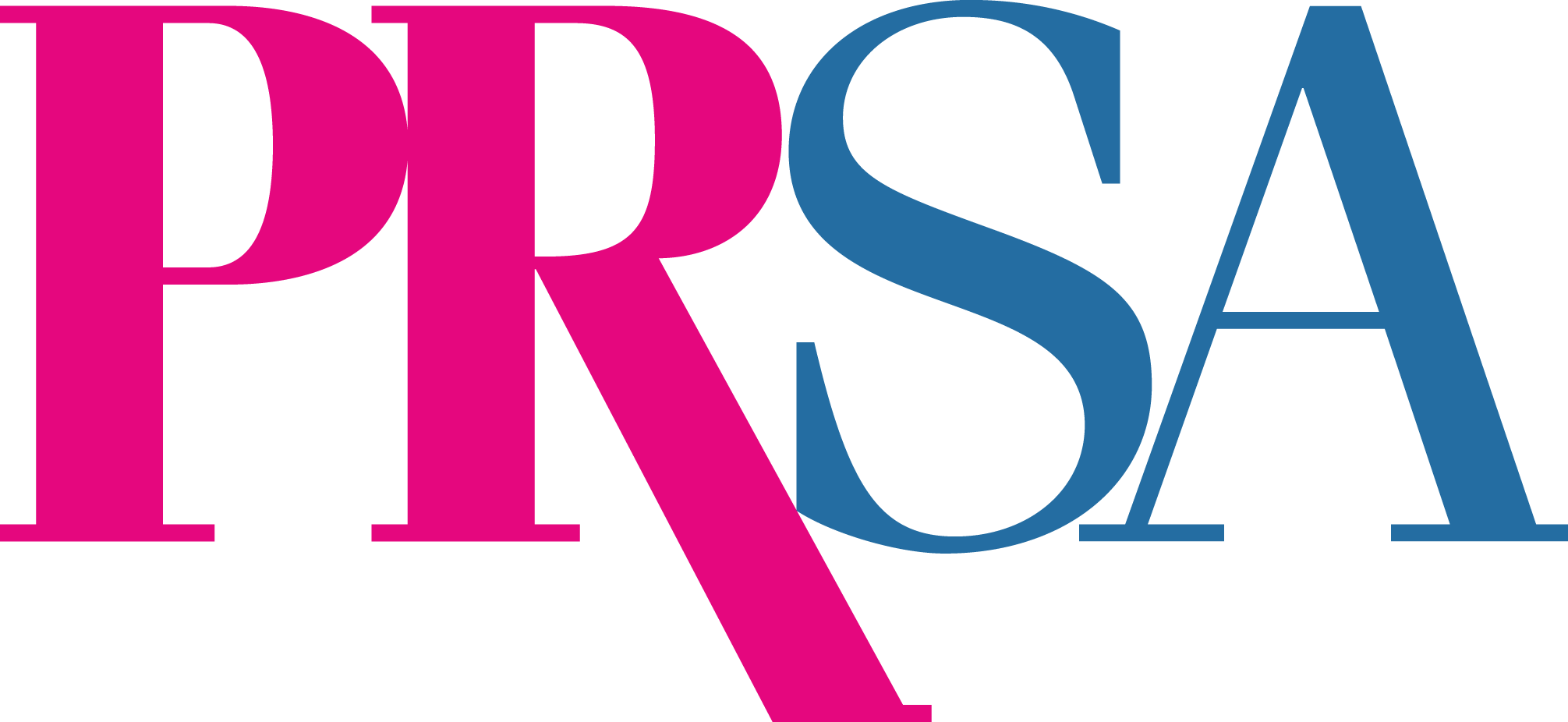Writing Well: How Mentors and the Right Attitude Can Help
By Lisa Morgan
February 2022
It’s an all-too-familiar scenario in communications: Clients complain they’re not getting results. Account people quit when they’re not promoted. A common factor in both cases is poor writing skills — despite the fact that account teams are communications professionals.
Still, if you struggle to write well, you’re not alone. Lots of PR pros face the same challenge, and their careers often advance slowly as a result.
On the other hand, if you’re a skilled writer and confident in your ability, you may be quick to dismiss the difficulty that others have with writing. But as your own communications career advances, you will likely find yourself managing people who are not strong writers.
Regardless, the road to writing well is littered with obstacles and pitfalls that PR-account people, managers and executives should understand. Here are some common issues that communicators face with their writing, along with recommendations for how to overcome those impediments, many of which are psychological.
Know that a new perspective can boost self-confidence.
People who dislike writing tend to associate the task with negative life experiences. And bad life experiences undermine self-confidence. Over time, communications people who lack self-assurance can become programmed to believe they’re incapable of writing well. But they can write well, once they change their perspective. The first step is to acknowledge that the past is the past.
A good mentor can give you a fresh perspective and the confidence to begin writing well.
Learn to self-edit.
Clear thinking and clear writing go hand in hand. But for some, thinking clearly about writing is a skill that takes time to develop. If a blank computer screen terrifies you, stop listening to the inner voice that says you don’t know how to write, that your ideas are weak, or that someone will dislike what you write, anyway.
Self-editing helps clarify your thinking and your writing. Write something down — anything — just to prove to yourself that you can. Then, edit what you’ve written as many times as necessary to refine your ideas and how you express them. Tighten up sentences by eliminating unnecessary words and repetitions. Use strong, active verbs. Avoid buzz phrases and cliches. Read your work aloud to catch awkward passages.
Keep rough drafts to yourself. When you feel confident with what you’ve written, share your “first draft” with others.
Observe your own writing patterns.
Writing is subjective. But proper grammar, punctuation and word choices still matter. A dictionary, a thesaurus and style guides help, as does self-observation.
To improve your writing, try to understand the mistakes you’re making. For example, one account executive I coached started every paragraph in a press release with the client’s name until I pointed out the pattern she hadn’t noticed.
To become better writers, we have to recognize our own mistakes. Even if it frustrates us that we didn’t catch the mistake earlier, we can still rejoice that we’ve matured in the craft of writing and can now see what we need to improve.
Next, you’ll catch errors as you write them. Eventually, you’ll stop making those mistakes altogether.
Gather material, then winnow it down.
In communications, many people want to think strategically. But not everyone’s brain is wired that way. Strategic thinkers know what they’re writing about and why, so it’s easier for them to see what to include and how to structure it.
Other communications professionals have the opposite experience with their writing. They get bogged down in details. For example, if the client is a multinational company with hundreds of products, the writer’s mind can become so mired in minutiae that they miss the big picture. They have no idea what the story angle should be, let alone what to include in the piece.
If the goal is to produce a momentum press release that shows a company’s growth, what news items could that release include? Group those announcements (executive appointments, product launches, customer wins, etc.) on a white board or piece of paper.
Next, prioritize what’s most important for the client and for the reporters who will read the press release. Over time, your thinking will become clearer and your ideas will flow.
Have a healthy attitude about being edited.
Every writer is edited. Emotional detachment becomes an important writing skill. But don’t let others’ edits — or your fear of their potential changes to your copy — stop you from doing your best writing. And then accept the outcome.
Later, ask yourself what you learned from those edits. By keeping an open mind, you might discover something that will help you later.
But just as there are poor writers, there are bad editors, too. The sad truth is that some managers and clients are poor editors because they don’t understand what it takes to be a good one. If someone is always hypercritical of your work, learn to maintain an emotional distance from your writing. But don’t stop caring about the quality of your work.
Clients often see writing as a PR agency’s weakness. Public relations executives and managers are quick to accuse underlings of not writing well — and may withhold job promotions on that basis. Meanwhile, employees who struggle with their writing are unhappy. They receive lots of criticism but little help.
Let the strong writers in your agency mentor those who are struggling. Consider bringing in a former newspaper editor to coach your staff for a week or two.
If you’re an agency principal or executive and recognize that writing is a weakness for your company — and that you’ve likely lost business as a result — address the problem instead of ignoring it. Everyone involved will be better off.



